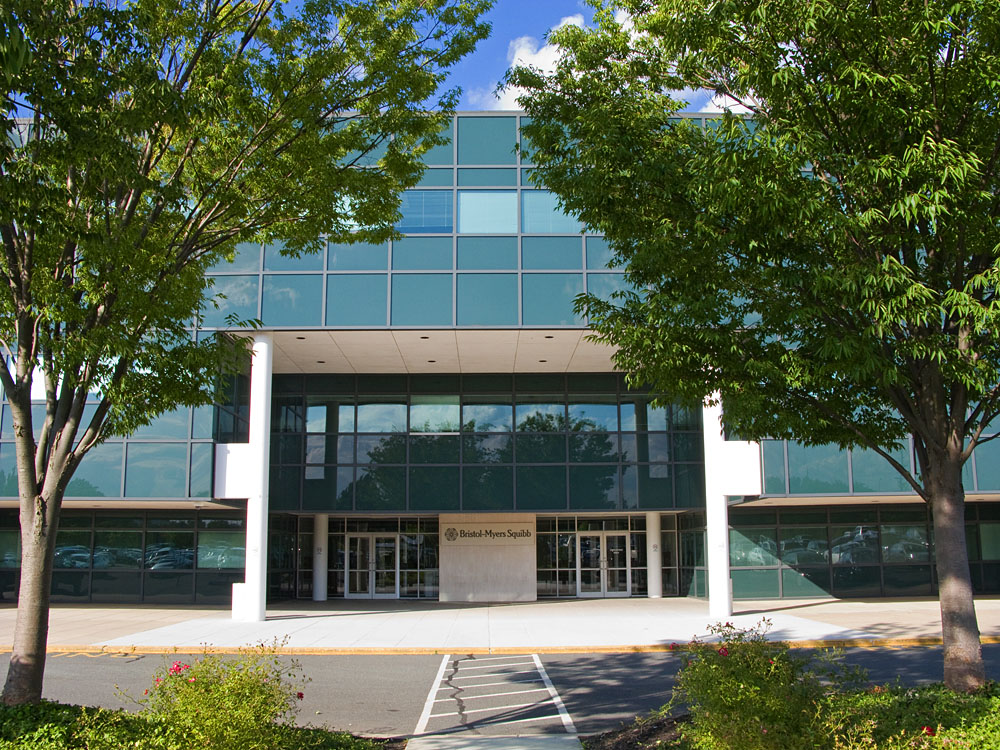Largest BMS shareholder opposes Celgene deal

Bristol-Myers Squibb’s (BMS) largest shareholder has come out against the company’s planned merger with Celgene, putting the future of the deal in doubt.
The $74 billion deal, announced in January, would be one of the largest ever pharma mergers, and the combined company would be the world’s fourth largest drugmaker.
But now investment management firm Wellington Management Company, which owns an 8% stake in BMS, has said it cannot support the acquisition.
In a statement, Wellington said that while it agrees BMS should be active in business development that secures differentiated science and broadens the future revenue base, it “does not believe that the Celgene transaction is an attractive path towards accomplishing this goal”.
It cited a few reasons for this – the transaction asks shareholders to accept too much risk; the terms offer BMS shares to Celgene shareholders at a price "well below implied asset value"; and "alternative paths" to create value for shareholders could be more attractive.
In response, BMS said it had had “numerous” conversations with stakeholders including Wellington and believes it is “acquiring Celgene at an attractive price, and that this transaction presents an important and unique opportunity to create sustainable value”.
The deal is also seemingly being opposed by activist hedge fund Starboard Value, which bought shares in the company earlier in the year and has since nominated five directors to the company’s board. Some analysts speculate that Starboard is instead hoping to convince BMS to put itself up for sale.
Reuters reports that Dodge & Cox, the company’s fifth largest shareholder, is also unhappy with the merger.
However many shareholders have stakes in both Celgene and BMS, meaning that they stand to face less risk from the deal.
Investors will get to vote on the acquisition in a special meeting scheduled on April 12.
If the deal does not go through, BMS will have to pay Celgene a $2.2 billion breakup fee.
The deal comes as both companies experience their share of difficulties, with BMS losing its early-lead in immuno-oncology to rival Merck & Co after some trial setbacks, and Celgene struggling to reduce its reliance on Revlimid which currently accounts for around two-thirds of its turnover.











